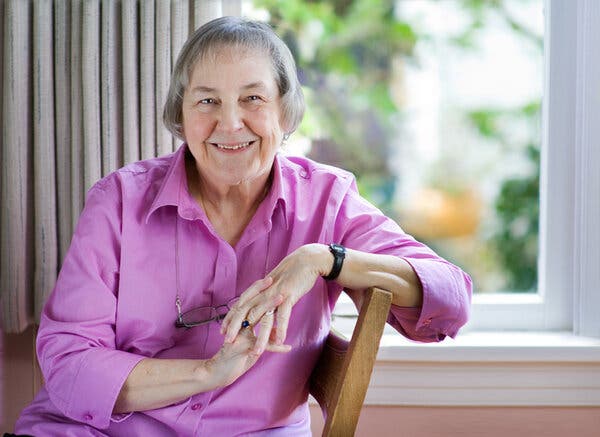As a childbirth educator and maternal advocate, she promoted a profession that provides comfort to women giving birth and offers postpartum care as well.

Penny Simkin, a childbirth educator and author who was often described as the “mother of the doula movement,” died on April 11 at her home in Seattle. She was 85.
The cause was pancreatic cancer, said her daughter, Linny Simkin.
Ms. Simkin, a physical therapist turned birth educator, was a pioneer in helping women have a better experience during and after birth. Doula is the Greek word for “female servant,” and it was embraced by alternative birth professionals sometime in the 1970s or ’80s to refer to someone who supports mothers during labor. In books, workshops and training organizations, Ms. Simkin helped popularize that role and worked as a doula herself.
Doulas are not medical professionals; their role is to provide comfort to women in the delivery room as well as postpartum care at home. That care might include snacks, massages or warm compresses but also more substantive assistance, like suggesting movements to ease labor pains or help with breastfeeding.
Ms. Simkin’s innovations included a device called the squatting bar, which is attached to a hospital bed for the mother to hang onto and squat, a position that opens the pelvis and allows gravity to help with the baby’s delivery.
Her work came out of the natural childbirth movement of the 1970s, when alternatives to the standard hospital birth were being explored. But she was agnostic about home versus hospital deliveries and about pain-relieving measures. Her focus, always, was on the mother.
Ms. Simkin surveyed thousands of women about their birth experiences, to better train doulas in preparing women for childbirth. “How will she remember this?” she exhorted her students.

